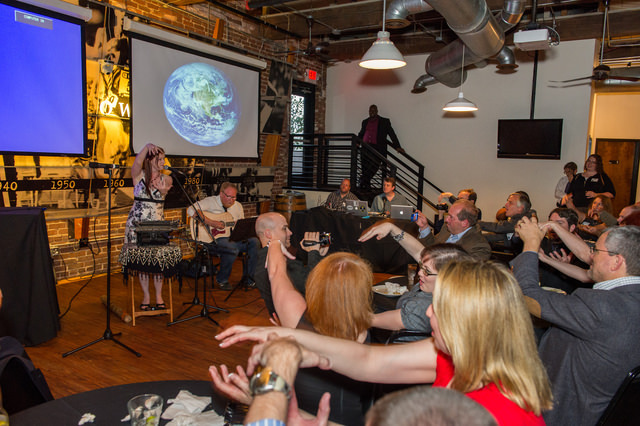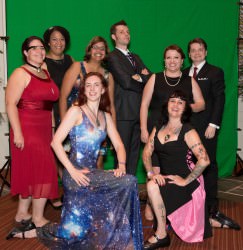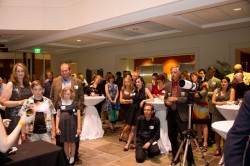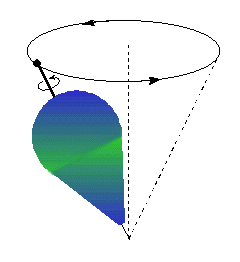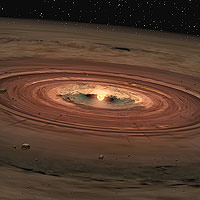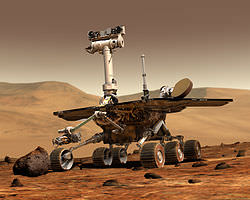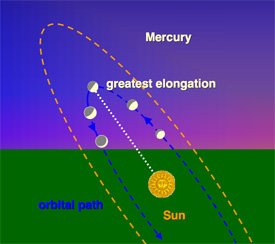We’re not learning that the vast majority of potentially habitable worlds out there are actually icy moons like Europa and Enceladus. Good news, there are hundreds, if not thousands of times more of them than worlds like Earth. Bad news, they’re locked in ice. What have we learned about water worlds and their potential for habitability?
We usually record Astronomy Cast every Friday at 3:00 pm EST / 12:00 pm PST / 20:00 PM UTC. You can watch us live on AstronomyCast.com, or the AstronomyCast YouTube page.
Visit the Astronomy Cast Page to subscribe to the audio podcast!
If you would like to support Astronomy Cast, please visit our page at Patreon here – https://www.patreon.com/astronomycast. We greatly appreciate your support!
If you would like to join the Weekly Space Hangout Crew, visit their site here and sign up. They’re a great team who can help you join our online discussions!

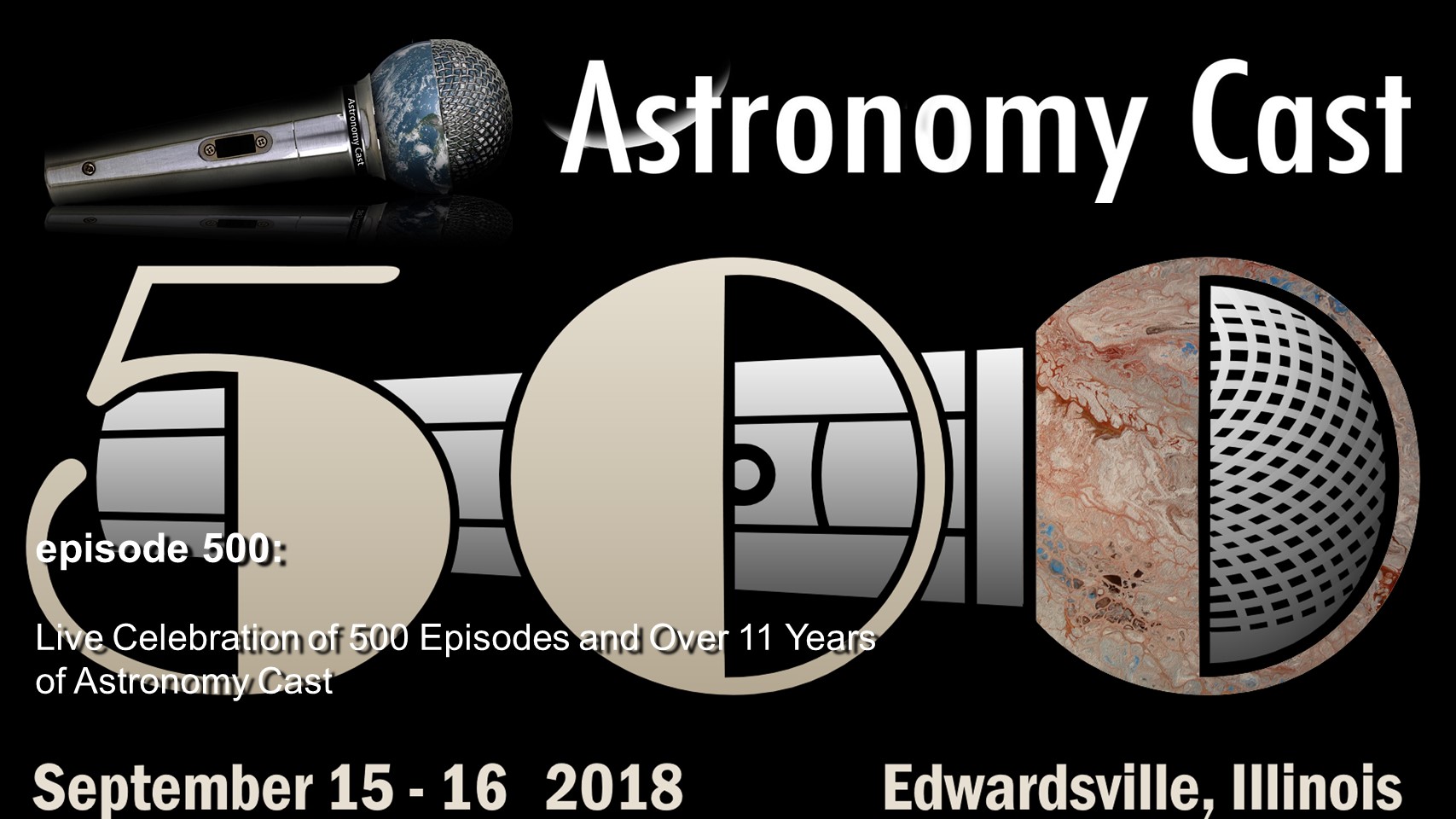
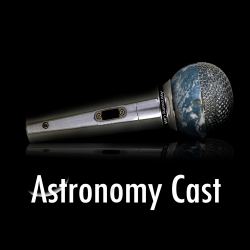 You can now enable the Amazon Astronomy Cast skill on your Alexa enabled device (in the US now, Canada soon)!
You can now enable the Amazon Astronomy Cast skill on your Alexa enabled device (in the US now, Canada soon)!